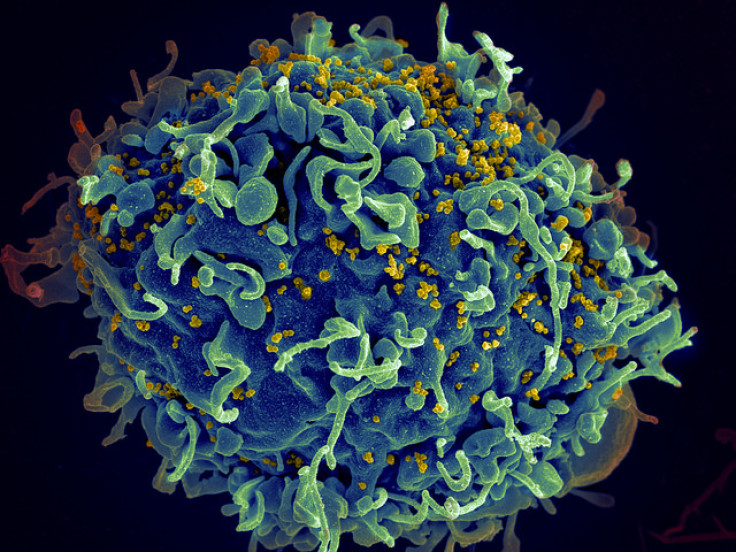HIV breakthrough: Infected child shows no signs of the virus nine years on
Case gives hope to other children who have to take HIV drugs everyday to stay healthy.

The case of a South African child infected with HIV at birth who is now in remission has raised new hopes for all the other children born with the virus. This child was given a short course of treatment as a baby and has been healthy for the past nine years without further treatment.
With appropriate care and treatment during pregnancy, it's now possible to prevent HIV-positive women from passing on the virus to their babies, However, in some countries, infections at birth still occur.
For the children who are infected, HIV is not the death sentence it once as. They can live relatively normally, providing they take antiretroviral drugs every day for the rest of their lives.
The case presented at the International Aids Society Conference in Paris is very interesting, because it shows that a child infected at birth may be able to live and be healthy without having to take these medicines.
Born in South Africa, the child was part of a trial in 2007, during he and 142 other babies received a short course of antiretroviral drugs over 40 weeks. When the drug treatment ended, the virus was undetectable in has blood – and has since remained so without the child having to take anymore of these drugs.
This makes him the third child with HIV who has remained healthy for some time without treatment.
Not a cure, but a hope for the future
Researchers are not suggesting that he is cured, but they say he is in remission. Although there is no HIV infection detected, and although his immune system is healthy, tiny signs of the virus persist in his body. Indeed, advanced testing techniques have revealed a HIV reservoir inside a very small proportion of his immune cells.
Still, scientists think they can learn a lot from this case, to help other children and maybe one day, allow them to stop taking their daily medication, which can have unpleasant side effects.
Dr Anthony Fauci, the director of the National Institute of Allergy and Infectious Diseases, commented: "Further study is needed to learn how to induce long-term HIV remission in infected babies. However, this new case strengthens our hope that by treating HIV-infected children for a brief period beginning in infancy, we may be able to spare them the burden of lifelong therapy and the health consequences of long-term immune activation typically associated with HIV disease."
More efforts are needed, but continuing this kind of research and identifying how the child's immune system fought against the virus may even pave the way for the development of a cure on the long term.
"This case report is really interesting in the sense that it adds to our knowledge of what might be achievable with very early treatment in infants. Early HIV therapy, in both children and adults, has been shown to reduce some of the damage to the immune system that HIV causes in the first few weeks and months of infection. If we can understand this mechanism better it will hopefully lead to novel treatment strategies and, maybe one day, a cure," Dr Michael Brady, Medical Director at Terrence Higgins Trust, said.
"Further research is needed, but this case adds to the hope that, one day, we may be able to prevent the need for life-long therapy with a short course of early HIV treatment in infancy. For now, however, early diagnosis and life-long treatment for HIV remain our best options for fighting the epidemic."
© Copyright IBTimes 2024. All rights reserved.






